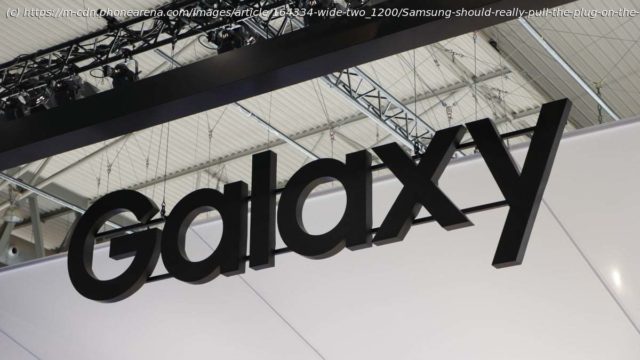Which is the better one: an iPhone 16 Pro Max, or the Galaxy S24 Ultra? Or, perhaps, the Pixel 9 Pro XL? In contrast, could it be that the best smartphone today is some exotic monster, like the OnePlus 13, or the Honor Magic 7 Pro? We’ll have none of that today.
Which is the best one: an iPhone 16 Pro Max, or the Galaxy S24 Ultra? Or, perhaps, the Pixel 9 Pro XL? In contrast, could it be that the best smartphone today is some exotic monster, like the OnePlus 13, or the Honor Magic 7 Pro?
We’ll have none of that today. No specs, no camera comparisons, no battery life slanders and certainly no gladiator chipset fights.
However, we’ll still be talking about all the aforementioned devices – plus many, many more.
The name of the game (pun intended) today is… phone namings. Monikers. Officials titles, tags, and labels.
Maybe it’s the minimalist in me, but I like shorter, punchier, overall tight monikers. Like: iPhone 14. Or: OnePlus 12. It just rolls off the tongue so much more natural than, let’s say, « Oppo Find X7 Ultra ». What a tongue twister! However, the latter packs the best camera set (for my needs) and I can’t ditch it for a sweeter-sounding device. I’m stuck with it.
I’m a huge fan of the way Samsung has decided to name its S-line flagships in recent years. In 2024, it’s the S24, next year (2025), it’ll be the S25. Get it?
One thing I find extremely unnecessary is the « Galaxy » part, though. Nobody calls the Galaxy S24 Ultra the « Galaxy S24 Ultra », or at least too many people. Here, in the real world, we call it just the « S24 Ultra ». Like the « S20 », or the « S23 Plus ».
That’s why I’m halfway glad that Samsung could be ditching the « Galaxy » naming:
As you see, Samsung is reportedly exploring a new branding strategy that could introduce a separate name for its premium Android phones, potentially moving away from the (boring) « Galaxy » label that debuted in 2009.
This shift could affect Samsung’s most advanced S-line models by distinguishing them from its wide range of Galaxy devices, which span from budget to flagship tiers. The report suggests that separating its high-end phones under a unique brand could help Samsung compete more directly with Apple’s consistent, premium-focused iPhone lineup.






